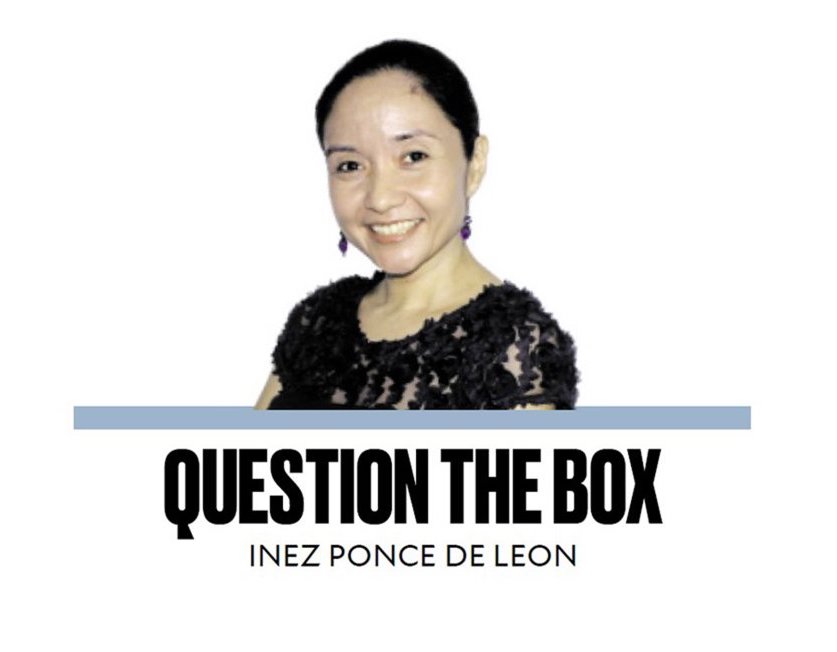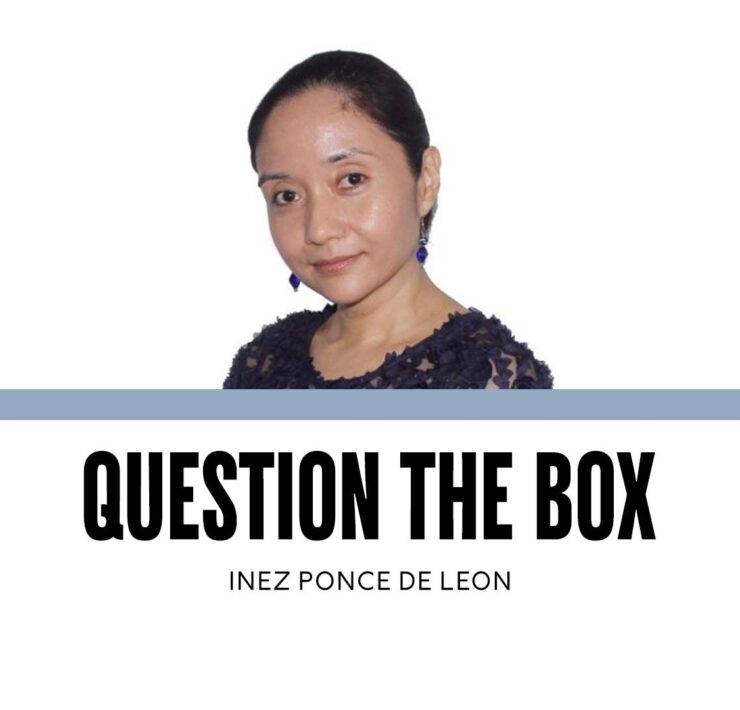Argument for a deeper core curriculum

Anna Cristina Tuazon’s column last week (see “Bachelor of Arts without art?” 7/10/25) was a nuanced critique of recent attempts at shortening the college curriculum by removing liberal arts subjects.
As Tuazon said: Our students lack many competencies, which can point to inadequate training in basic education—a problem that isn’t solved by assuming that college classes are redundant!
Without strong, repeated training in writing, public speaking, reading, listening, mathematics, science, physical activity, and logic, our students will merely be compliant workhorses, unable to think for themselves or, worse, afraid to have their voices heard.
To reduce education to skills acquisition also narrows the scope of education itself. Tuazon alludes to this in her column: We have to develop both professionals and scholars who are able to form their own opinions and have these opinions challenged, who can connect disparate aspects of reality, and who will always love exploring and acquiring new knowledge.
Such openness to learning has already been curtailed by the track-driven senior high school system, where students are forced to choose a specialization early, and then penalized for changing disciplines when they get to college.
I was in the field of molecular biology and biotechnology for 10 years before I realized that the career I really wanted had long been in my bones: communication, writing, and research. I melded my disciplines into science and risk communication—a field that has been around since the 1890s, but has only been recently developed into scholarly practice. I wouldn’t have become who I am today had I been forced prematurely onto a single path.
Our specializations don’t mean that we have to fence ourselves in. They mean that we must know how other fields inform ours, and how other fields make up for weaknesses in our work.
Tuazon also proposed a viable solution: develop trade schools and certification programs for students who want to learn skills, but leave the undergraduate programs alone.
This is consistent with the role of universities. Universities are mandated to push the boundaries of knowledge through research. Research, in turn, enriches teaching.
To do research well, one must have a strong grounding in the philosophy and logic of the field, which helps scholars examine arguments, ask well-formulated questions, and articulate well-founded answers.
To contribute to a field, research requires integrity, good writing and thinking, knowledge of the field’s connections to other fields of study, an ability to spot logical loopholes, an ability to read and synthesize information, even an ability to step back and engage in physical activity to revive one’s brain for the rigorous work still to come.
The source of all these? A strong core curriculum that blends writing, public speaking, the social sciences, the natural sciences, the humanities, and physical education.
These classes aren’t decorations, distractions, or paths to pulling up one’s average for Latin honors. They enhance a student’s university experience so that the student emerges as both a professional and a scholar. As both a doer and a thinker.
As one who has learned but is willing to learn more.
A strong core curriculum, therefore, contributes to a university’s intertwined commitments to education and the advancement of knowledge.
Colleges and trade schools are distinct from universities. While some colleges engage in research, their primary aim is, more often than not, to provide graduates who meet workforce demands.
Trade schools promise skills acquisition, which is why they offer shorter, specialized, activity-heavy courses. Graduates of trade schools have their own roles: they provide a specific set of skills for a variety of workplaces across different industries, from manual labor to information technology (and more).
All these types of education contribute to society, but criticizing the merits of each of them should not be based on asking why one kind of school is not like the other.
Developing each kind of school requires distinct strategies: trade schools need to offer classes that are updated with and meet the latest industry standards; colleges need to be strongly affiliated with different workplaces so that their offerings are matched to employer needs; universities need industry links to help them develop workplace-ready students and infrastructure to help them develop world-class research.
Contrary to some lawmakers’ attempts at humor, research isn’t some hobby, frivolity, or esoteric obsession that researchers have and for which they are simply crazy.
It is a long-term commitment to thinking and exploring, to examining what knowledge needs expansion as well as what society needs. These last two can be mutually exclusive, because we will never know when today’s knowledge, even if seemingly obscure, will one day serve a greater purpose.
And for that, we need lawmakers who will work for a long-term goal, and for the future, not just the next election.


















